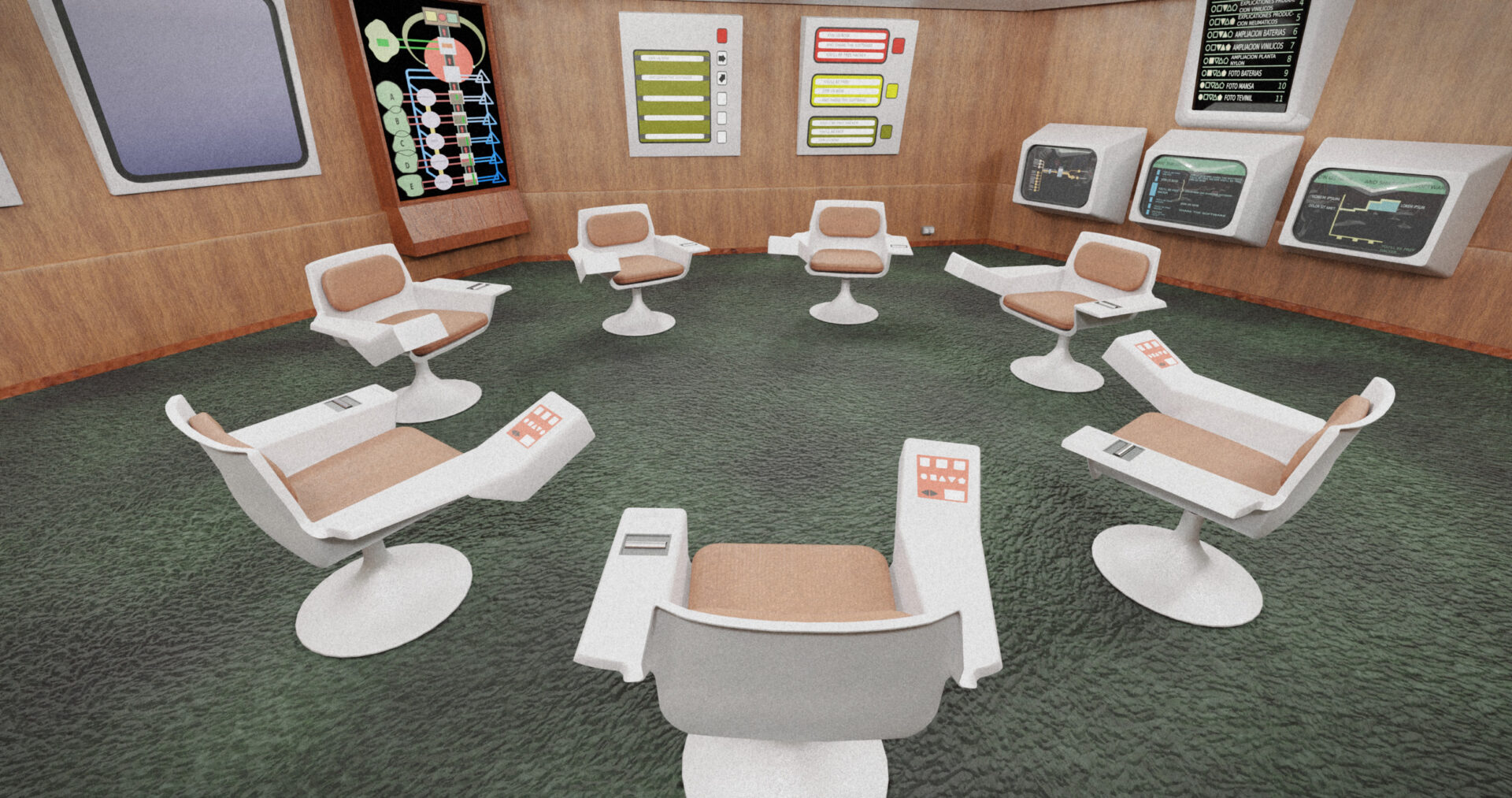
We interested to explore human-scale technologies from play agriculture to 3D printing, from local energy production to independent education.
In the final year of his life, David Graeber co-created Brain Trust, at the suggestion of founding members of Extinction Rebellion.
Anthropologists, economists, activists, artists and engineers would gather in his office at the London School of Economics to brainstorm solutions to the problems that humanity will face as climate change unfolds. They held presentations, roundtables, and engaged in long conversations.
The aim was for this collective effort to come together in a single document–general recommendations to the government, petitioned by Extinction Rebellion–on how to avoid the looming crisis threatening our shared planet and climate, leading to the loss of biodiversity and the very real risk of social and ecological collapse within our lifetimes.
After David’s death, the David Graeber Institute revived the Brain Trust project. We invite anthropologists, economists, scientists, artists, and activists to participate in discussions, public lectures, and meetings.
Following David Graeber’s ideas to work as a direct action network, gathering projects that can be carried out by the people for the people, to build autonomous zones in the cracks of the system.
Our program will be paired with various artistic and educational projects: exhibitions, theatrical debates, visual assemblies and workshops.
We are partnering with art and academic institutions to expand the project to the widest possible audience.
Join us by attending our lectures and discussion circles, workshops or other projects or set them up in your own community. Let’s discuss the core ideas together.
We partner with art and academic institutions to expand the project to the widest possible audience.
Here is our Brain Trust International Board of Advisors.
To find out more email us
Brain Trust Lectures and Discussions
Brain Trust has been hosting a series of public lectures from September 2023. In 2024, we are moving to the Caribbean communities in Saint Vincent and the Grenadines to practically implement some of our prior findings.
